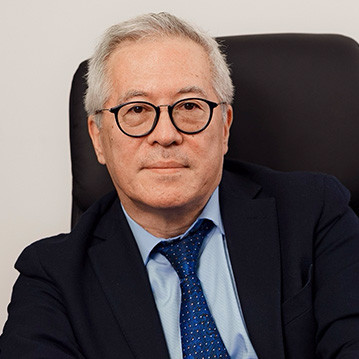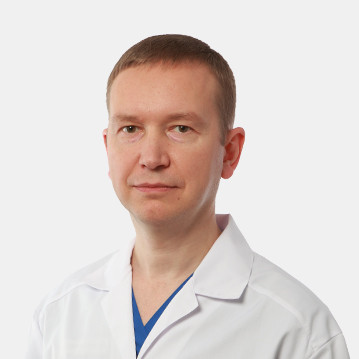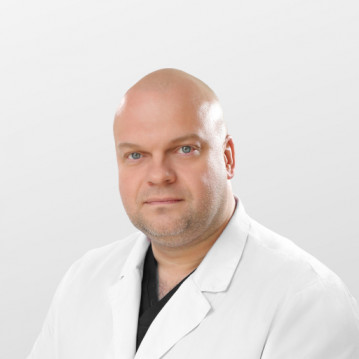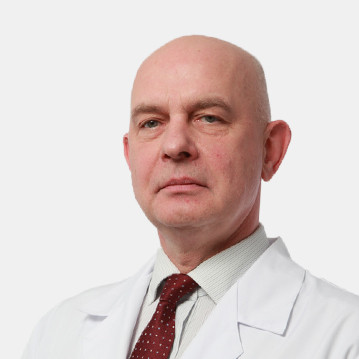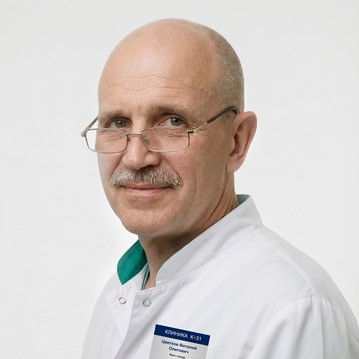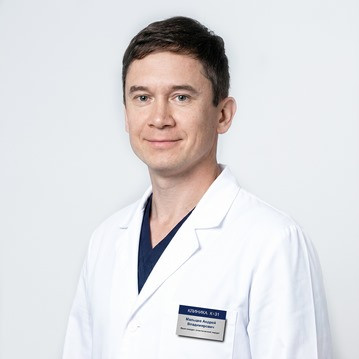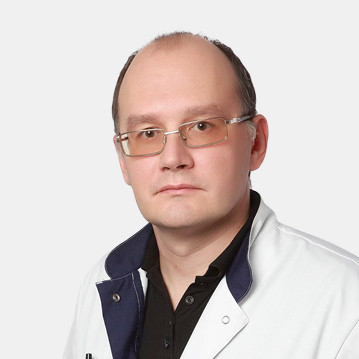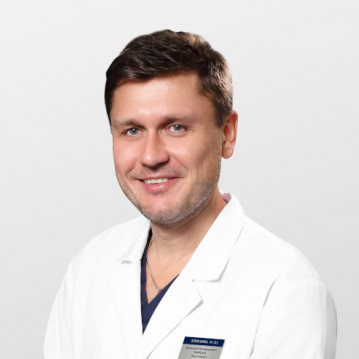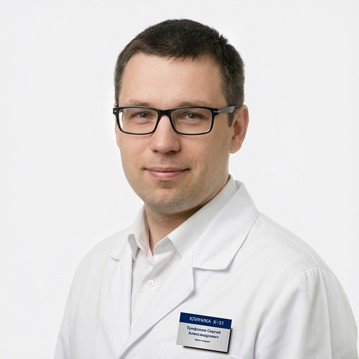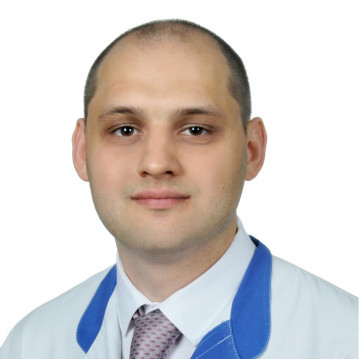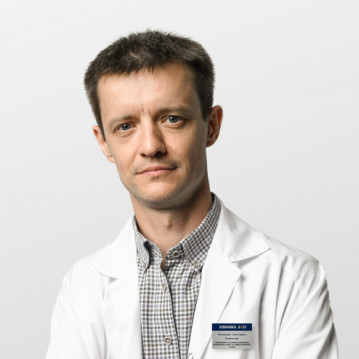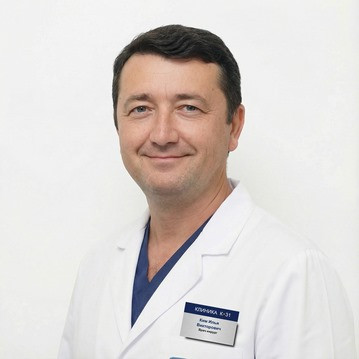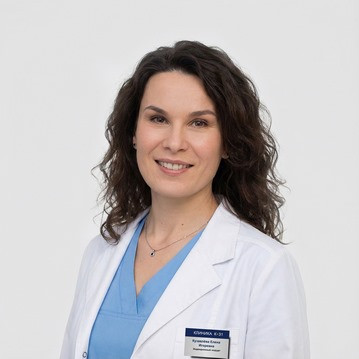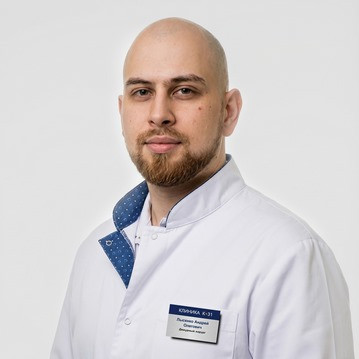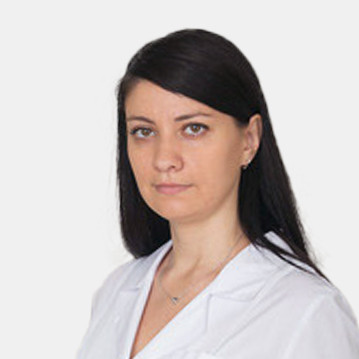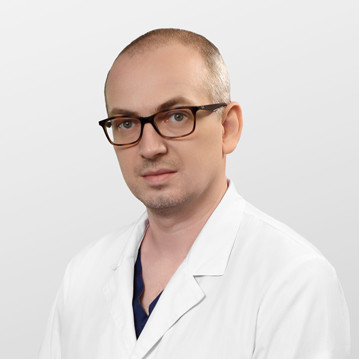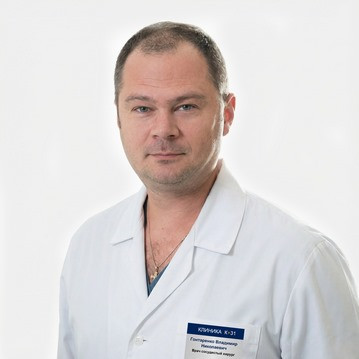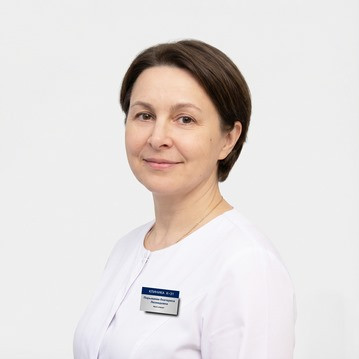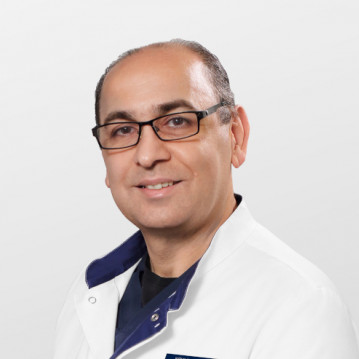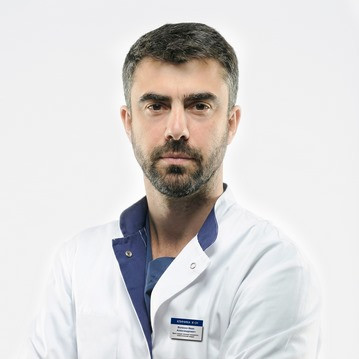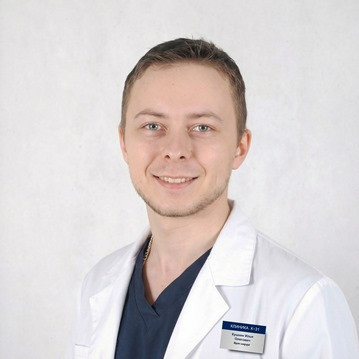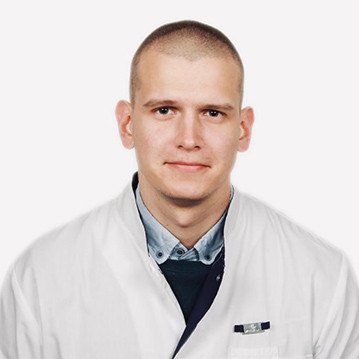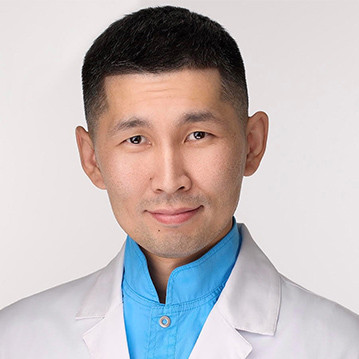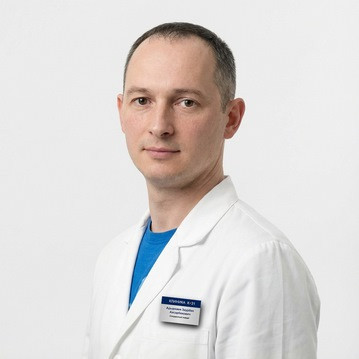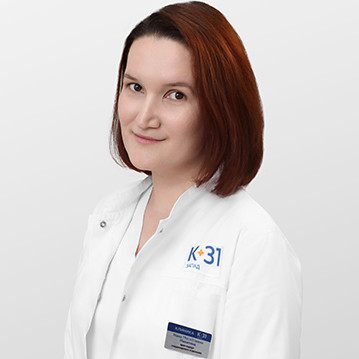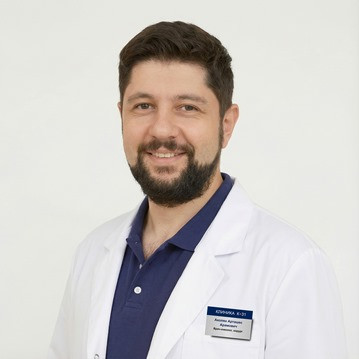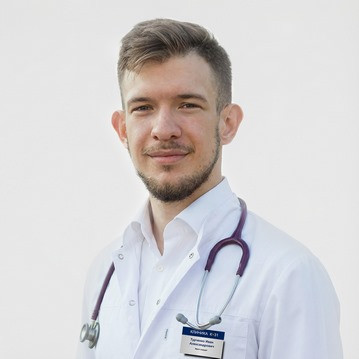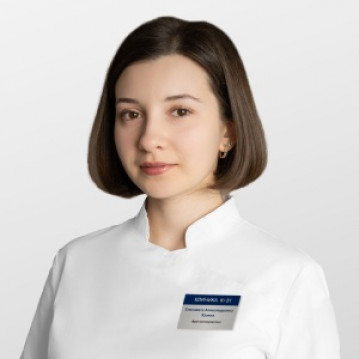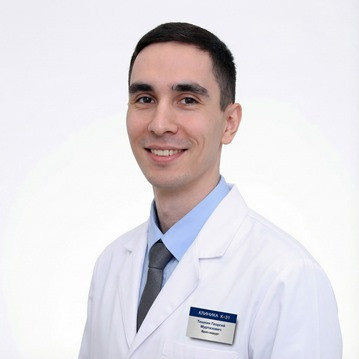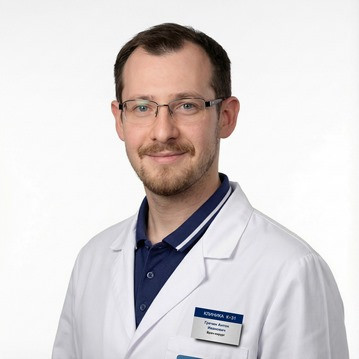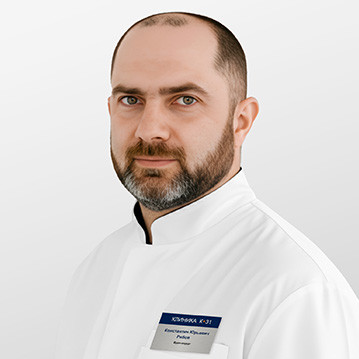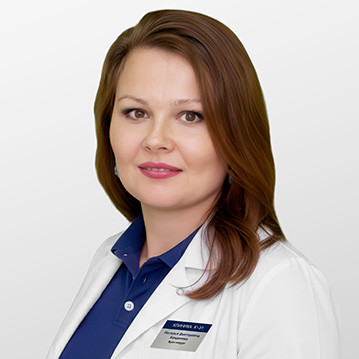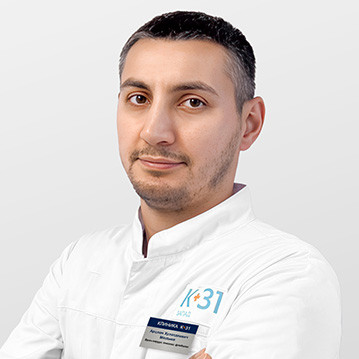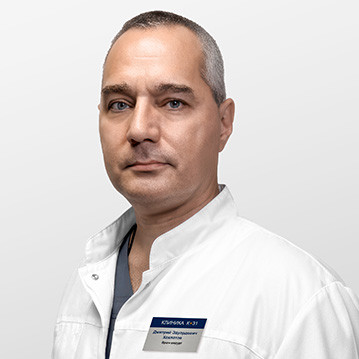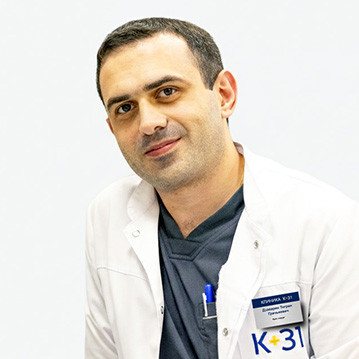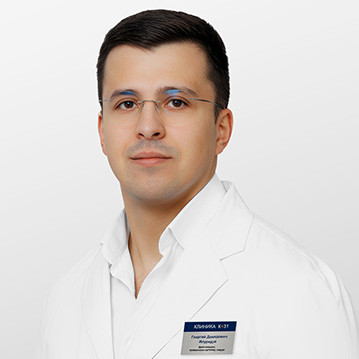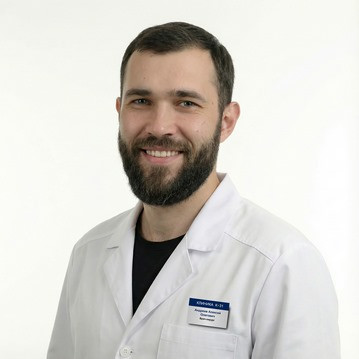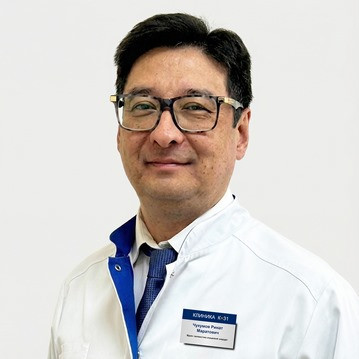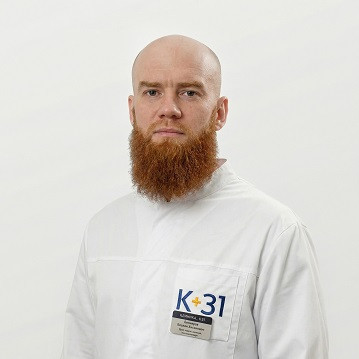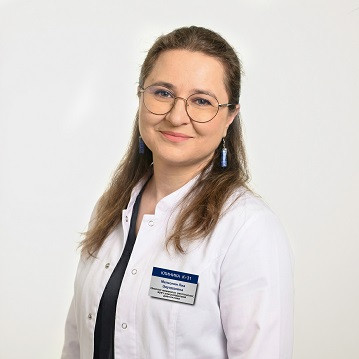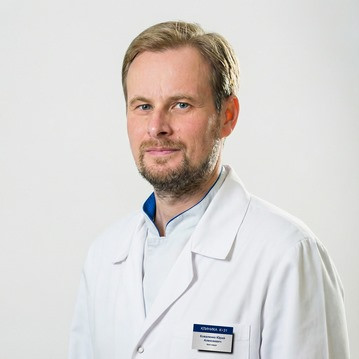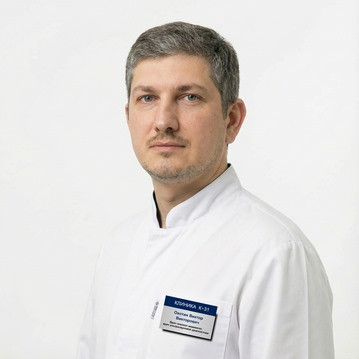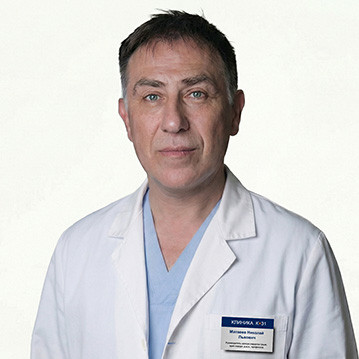Neurosurgery includes a large section of diagnostics and surgical treatment of the peripheral and central nervous systems, including the brain. Within the specialization, such areas are distinguished as:
- neurooncology - removal of tumors of the nervous system;
- neurotraumatology - interventions on the spine, spinal cord, performed due to trauma;
- vascular neurosurgery - specialists perform operations on the vessels inside the skull;
- spinal - the work of doctors is aimed at eliminating pathologies of the spinal cord;
- functional - manipulations to restore the nervous system.
There is also pediatric neurosurgery, in which operations are performed for children and adolescents under 18*.
What does a neurosurgeon treat
Patients are admitted to surgery either routinely or urgently. The neurosurgeon works with the following pathologies:
- malignant tumors of the spinal cord or brain;
- large benign neoplasms;
- tumors that compress nerves or blood vessels when growing;
- hyperkinesis - involuntary contractions of one or a group of muscles resulting from stroke, trauma, tumor, meningitis, brain abscess, disc herniation;
- anomalies in the structure of the vessels of the skull;
- vertebral fractures;
- fractures of the base or bones of the skull;
- intracerebral hemorrhage;
- inflammatory diseases of the membranes of the brain, accompanied by edema;
- marked increase in intracranial pressure;
- Meniere's syndrome - a pathology of the inner ear that causes hearing impairment, dizziness, tinnitus;
- hydrocephalus - accumulation of excess fluid in the cranial cavity;
- cerebral aneurysms;
- spinal hernia;
- intracranial hematomas;
- ischemic and hemorrhagic strokes;
- brain abscesses;
- traumatic brain injury;
- pneumocephalus - accumulation of air in the cranial cavity;
- spinal cord vascular pathology;
- traumatic spinal cord injury.
Our clinic employs doctors with extensive experience in the treatment of various neurosurgical pathologies. Residents of the capital and nearby cities turn to them. We are proud not only of the staff, but also of the equipment of the clinic. The medical center has a 24-hour hospital with comfortable wards, a rehabilitation course after operations is provided.
